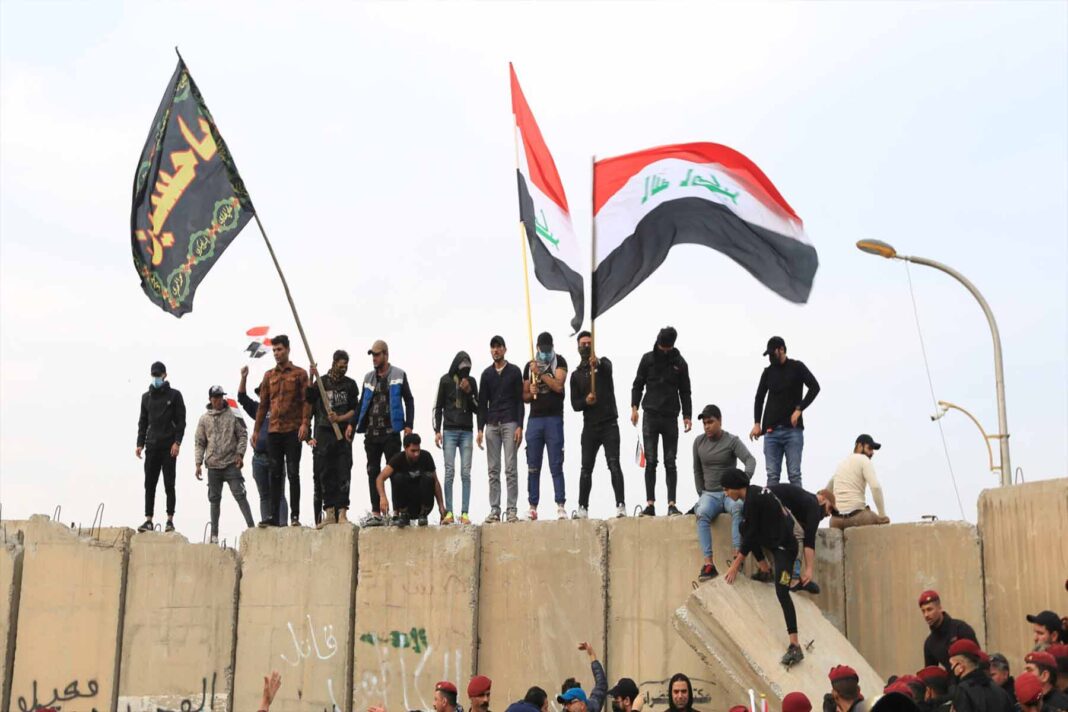Iraq in 2002: Political Climate and International Relations
Iraq in 2002 was a period marked by heightened tensions and international scrutiny, primarily due to accusations of weapons of mass destruction (WMD) and concerns over Saddam Hussein’s regime. Let’s delve into the various aspects of Iraq’s situation in 2002.
Political Leadership and Saddam Hussein’s Regime
Saddam Hussein, who had been in power since 1979, continued to lead Iraq in 2002 with an authoritarian grip. His regime was characterized by repression, human rights abuses, and a centralized government that maintained control through fear and intimidation. Saddam’s aggressive stance and refusal to fully cooperate with international inspections fueled global apprehension.
Weapons of Mass Destruction (WMD) Controversy
In 2002, Iraq became a focal point of international concern regarding the possession of weapons of mass destruction (WMD). The United States, supported by some allies, alleged that Iraq was actively developing and stockpiling chemical, biological, and possibly nuclear weapons. This assertion led to calls for increased inspections and demands for Iraq’s compliance with United Nations resolutions.
United Nations Inspections and Diplomatic Efforts
The United Nations (UN) weapons inspectors, led by Hans Blix and Mohamed ElBaradei, were deployed to Iraq in late 2002 to assess the country’s WMD capabilities. The inspectors faced challenges and obstacles from the Iraqi regime, which was accused of concealing information and impeding the inspection process. Diplomatic efforts aimed at resolving the crisis through peaceful means intensified, but tensions continued to escalate.
Buildup to the Iraq War and International Response
As diplomatic efforts faltered, the buildup to the Iraq War accelerated in early 2003. The United States, supported by the United Kingdom and other allies, prepared for military intervention to disarm Iraq and remove Saddam Hussein from power. The international community remained divided over the necessity and legality of military action, leading to widespread protests and debates on the world stage.
In summary, Iraq in 2002 was a period of intense scrutiny and diplomatic maneuvering amid allegations of possessing weapons of mass destruction. The standoff between Iraq and the international community, particularly the United States and its allies, set the stage for the Iraq War in 2003, which had far-reaching consequences for the region and beyond.











